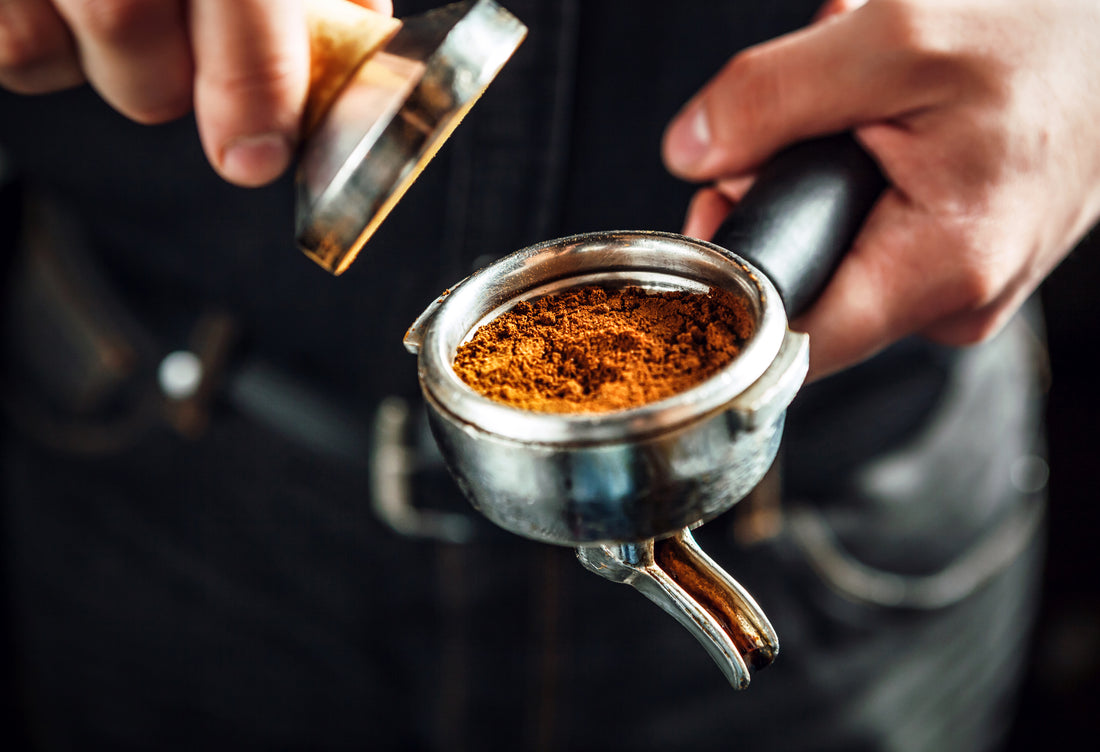Caffeine, the world's most popular performance-enhancing drug
Something almost all of us will consume on a daily basis. In fact, adults in the U.K. consume on average about 130 mg a day and inadvertently most children consume around 35mg.
It is however something very few of us understand.
So how does it work?
How can it negatively impact sleep and disrupt your whole biological rhythm?
And lastly, why don’t people educate you on it?
People who sell caffeine in its many guises rely on you NOT knowing certain things.
Knowing how it works limits their consumption opportunities, and their sales and it ultimately puts them in a bad light for previous practices.
Let me explain.
Caffeine is an adenosine receptor antagonist.
Stay with me. Fundamentally adenosine, a compound found in the brain drives our sleep pressure. The more of it we have in our brain the more tired we feel. The more we physically and mentally challenge ourselves beyond our adapted level the more we produce so hence sleep pressure increases and we feel tired and maybe even fall asleep.
When we consume caffeine it blocks the adenosine from reaching receptors in the brain. Hence we feel more alert and awake. This doesn’t dissipate, it just temporarily stops us from feeling tired. The adenosine doesn’t go anywhere.
Make sense?
Pretty amazing right?
Caffeine is awesome. And without a doubt one of the best cognitive and physical performance enhancers on the planet, but the devil, as they say is in the dosage but also when we use it.
The issue is that caffeine takes a while to be metabolised so if we still have it in our systems when we go to bed, we don’t have enough adenosine in our brains to reach the quality levels of sleep we need to recover.
Any time we consume caffeine too late in the day it interferes with circadian melatonin rhythms, delaying the speed at which we can get to sleep and also impacting the quality of sleep even if we manage to get to sleep.
Cue, those of you that right now tell me you consume caffeine late and have no problem sleeping.
Have you ever measured your sleep quality?
You can deny science all you want your sleep quality is probably still pretty poor.
If your sleep quality is good, adenosine is cleared by the time you wake up. So you don’t NEED a coffee as soon as you wake up and even if you do it won’t be as effective as it would be 60-90 minutes later.
The clever part is if you’re not warned about this.
Caffeine creates the problem AND the solution for many people and worsens over time.
Do you ever feel that your caffeine use is slowly and steadily increasing and your sleep debt follows suit?
That you tick the ‘duration’ sleep box really well and get your 6-8 hours a night but still feel tired.
Quality plays a massive role in sleep, not just quantity.
Part of the foundations of performance relies on us being educated on the reasons why we’re tired.
My assumption is you’re hugely performance-driven. Caffeine and sleep both play major roles in performance we just need to understand how to manage both better.

